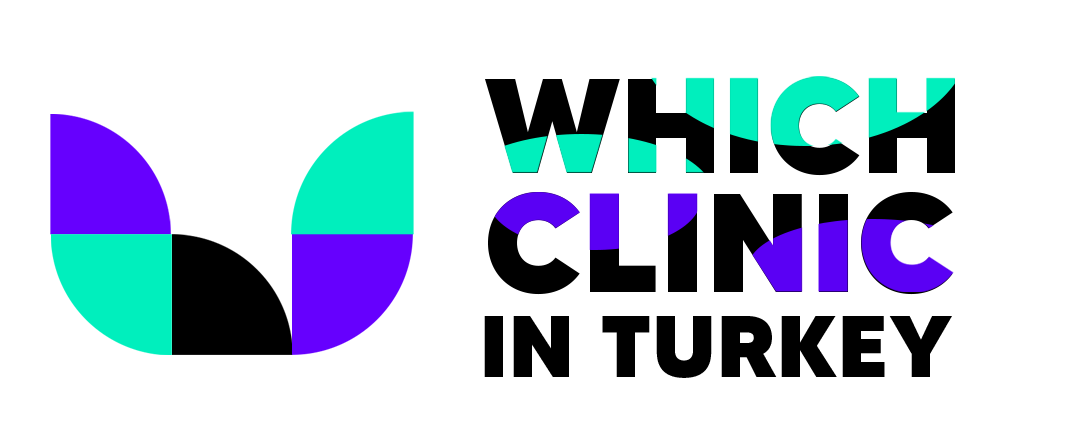WHAT ARE EATING DISORDERS?
WHAT ARE EATING DISORDERS?
Eating disorder is a disorder in which the relationship with food evolves to a negative dimension and reaches a level that can threaten the life of an individual If not taken seriously, it can cause permanent damage to the individual and reduce the quality of life considerably. It is possible to divide eating disorders into groups such as anorexia nervosa, bulimia nervosa, orthorexia nervosa, emotional hunger, pica and binge eating. The common point of all of them is that the act of “diet” evolves into another dimension. Regardless of whether the person is overweight or in his ideal weight, the thought of dieting, which is formed in the wrong way, plays a role in the onset of these disorders. It is seen in both male and female, but mostly in female individuals; It is more common in adolescent girls and individuals with high socioeconomic status.
The only negative side of these disorders is not excessive weight loss. There is a very serious psychological disorder, a triggering factor that needs to be treated. The presence of a family history of such a disorder, the pressure of parents on healthy nutrition on children, the effects of the perception of perfection created on social media on children in adolescence are the dominant factors in the emergence of these disorders.
HOW CAN WE IDENTIFY EATING DISORDERS?
There are some clues to recognize eating disorders. Some of these are as follows:
Taking in fewer calories than the daily caloric value,
Thinking that he gained weight by examining his belly and hips in the mirror after every meal,
Doing heavy exercises and being constantly moving,
Constantly reviewing recipes, trying new recipes but not tasting any of them,
Tendency to take out what they ate after each meal,
Binge eating and then starving themselves for a long time,
Having an obsession with an extremely healthy diet,
Rejecting this despite being quite weak, thinking that he still needs to lose weight,
Consumption of non-nutritive foods such as soil, clay, hair. This situation is mostly seen in children, and the consumption of such foods by a child in the developmental stage harms the growth and development, leaves permanent damage in the individual’s life.
The earlier an eating disorder is detected, the less likely to harm the individual. The disruption of social relations, deterioration of physical health, and the need for psychological treatment also emphasize the importance of these disorders. It is very possible for children in growing age to have an eating disorder by thinking that they are on a diet. As a result of this, results such as cessation of height growth, hair loss, weakening of the bones, tooth decay due to constant vomiting, disruption of the menstrual cycle, constipation, and coldness in all seasons due to anemia occur.
HOW DOES IT AFFECT OUR LIFE?
It is possible to define eating disorders as a battle that a person wages within themselves. It may go unnoticed at first and may progress insidiously. The person can cover up this eating disorder by hiding behind some excuses. However, after this situation is noticed by the person or an outside eye, the war begins. Although the individual wants to get rid of this situation, this gives pleasure to the person. The perception of being weak begins to appear as a path to perfection. As the situation worsens, the vital values of the individual may be at risk, and situations may occur which require hospitalization. For this reason, it is absolutely necessary to seek psychological counseling when such a disorder is suspected.
If there is someone around you who you think is experiencing such disease, it is also very important to have a sensitive communication with them. It is possible that any wrong word to be said will trigger the person. It is very valuable to talk to the individual in a motivating, supportive manner.



